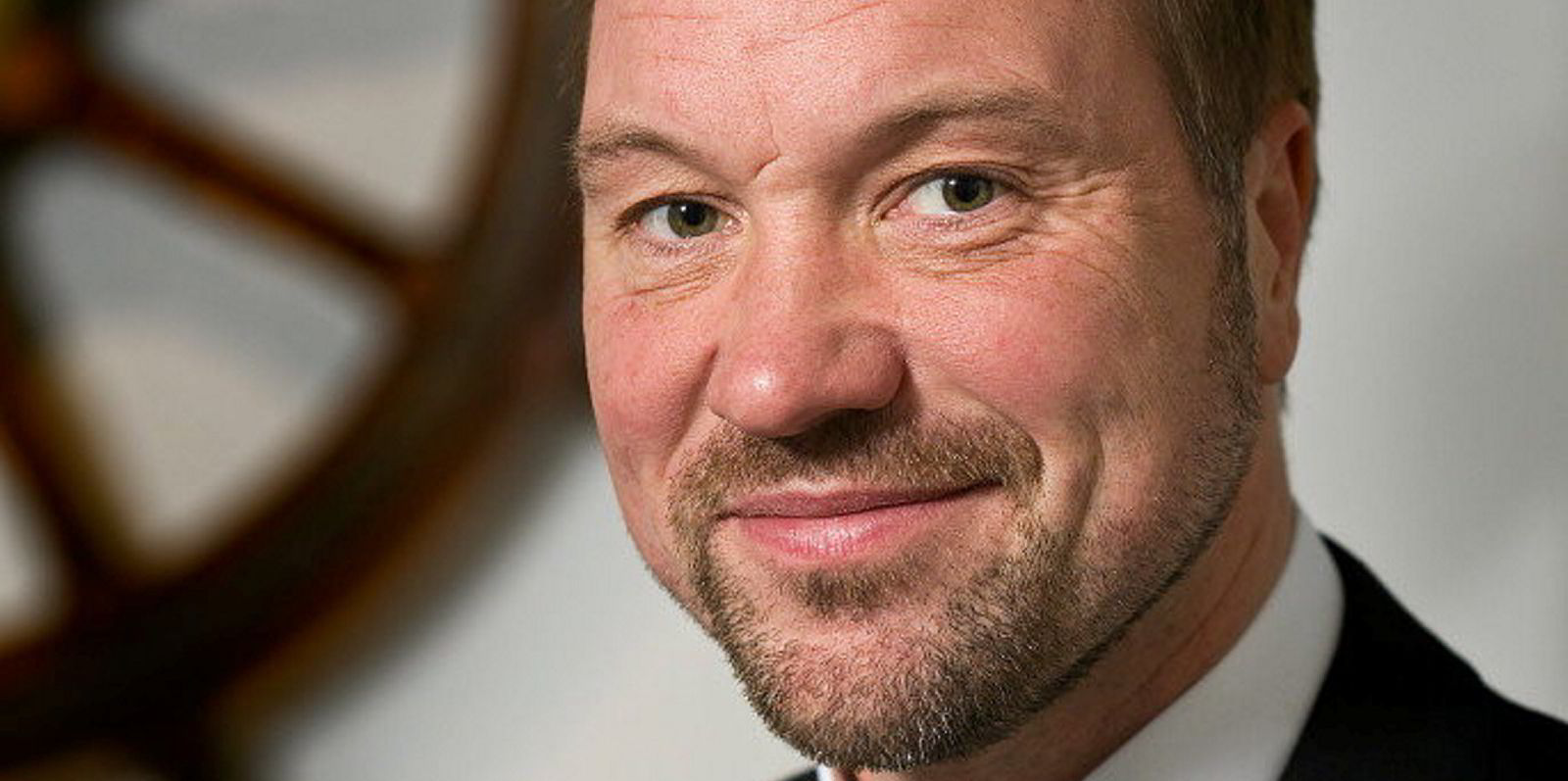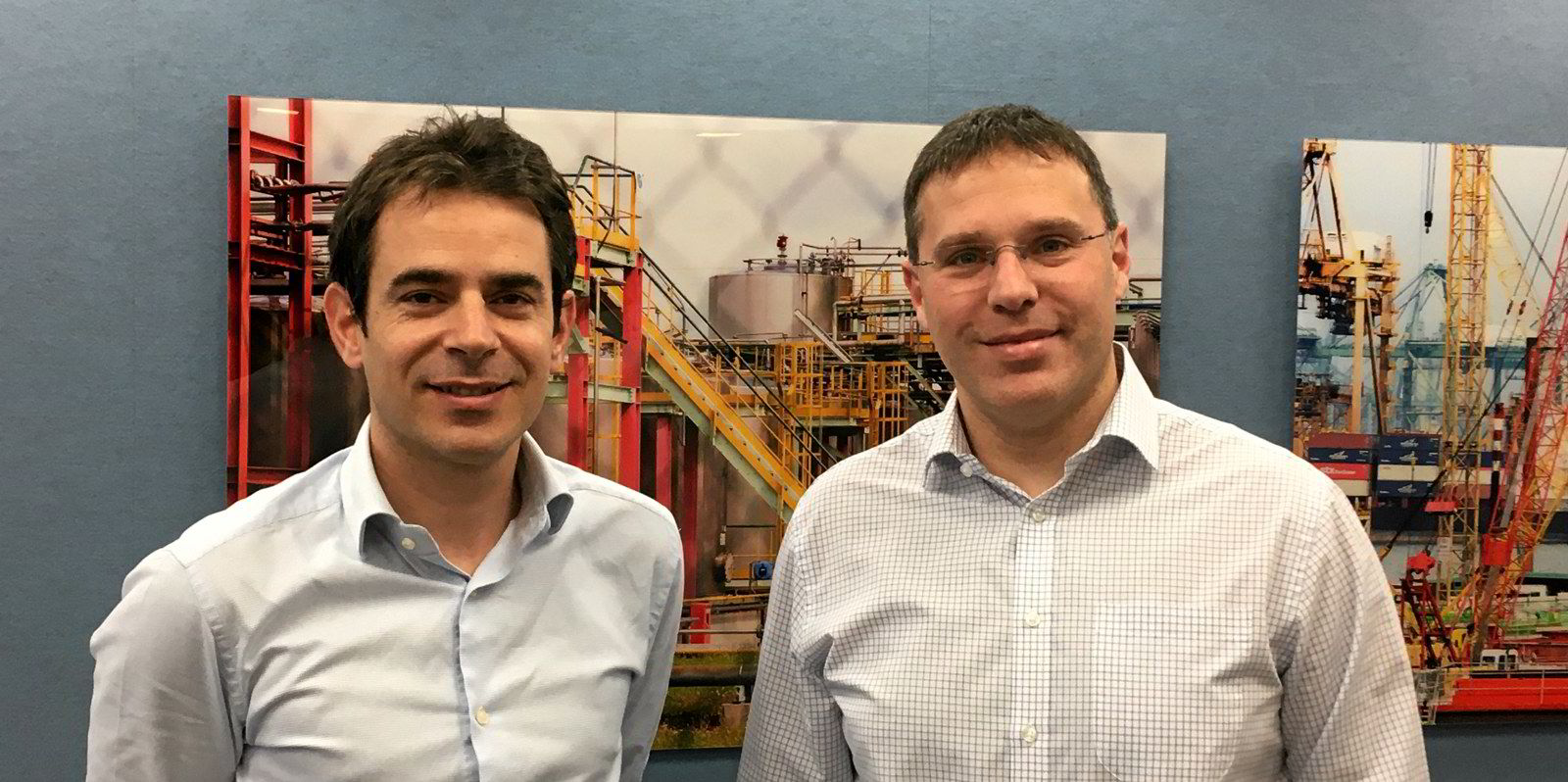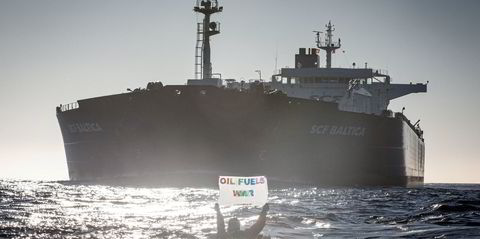Norway's Klaveness Combination Carriers (KCC) has logged earnings of up to four times standard tankers in the third quarter.
The company said the flexible fleet of ships carrying both wet and dry cargoes showed "significantly improved" results as Ebitda rose 17% from the second quarter to reach $17.9m.
The performance was mainly driven by a strong dry bulk market and increased fleet capacity following completion of KCC's newbuilding programme, said chief executive Engebret Dahm.
The nine Cabu ships, which carry caustic soda and dry cargoes, performed better than at any time since 2015, based on efficient combination trades and the healthy bulker market.
The full fleet of eight new Cleanbu oil product and dry cargo vessels was on the water for the first time.
The ships are positioned for considerable improvements in upcoming quarters, KCC said.
Full potential is coming
"With a likely tanker market recovery over the next six to nine months, we look forward to showing the full potential of the whole KCC fleet in 2022," said Dahm.
Net earnings rose to $6.1m against $1.3m a year ago.
Revenue was up at $31.8m from $20.3m.
The tanker sector saw some signs of improvement during the quarter and the dry bulk market continued to strengthen, the company said.
Cabu time charter equivalent (TCE) earnings hit $24,848 per day, from $21,932 in the second quarter.
This is more than 300% higher than the spot market for standard MR tankers, as the vessels enjoyed high bulker rates and continued strong combination trading in the Pacific basin.
To optimise the Cabu business in the Atlantic basin, one of two vessels in the Atlantic was reallocated to the strong dry bulk market and entered the MaruKlav Baumarine panamax dry bulk pool from August 2021.
The remaining shipments under one of two caustic soda contracts of affreightment were sub-contracted to a third-party shipowner.
The international caustic soda market tightened further in August and September, KCC said.
US demand continued to be strong while US supply has been further constrained by Hurricane Ida.
Cleanbus improve rates in third quarter
KCC's Cleanbu ships managed a TCE figure of $18,725 per day, up from $18,499 in the second three months.
This is more than two times spot rates for standard LR1 tankers.
The whole Cleanbu fleet returned to combination trading after a large number of vessels had operated as bulkers in the second quarter.
Much of the fleet has been positioned into dry bulk exporting areas through clean product voyages.
The CO2 emissions per vessel met KCC's 2022 target, implying a 15% reduction since 2018.
CO2 output per tonne per nautical mile ended at 7.2 for the third quarter, down from 8.3 in the second three months.
"This further strengthens our position to help new and existing customers reduce carbon emissions from their ocean freight," the CEO said.
The board declared a dividend of $0.045 per share for a total payout of $2.16m.






